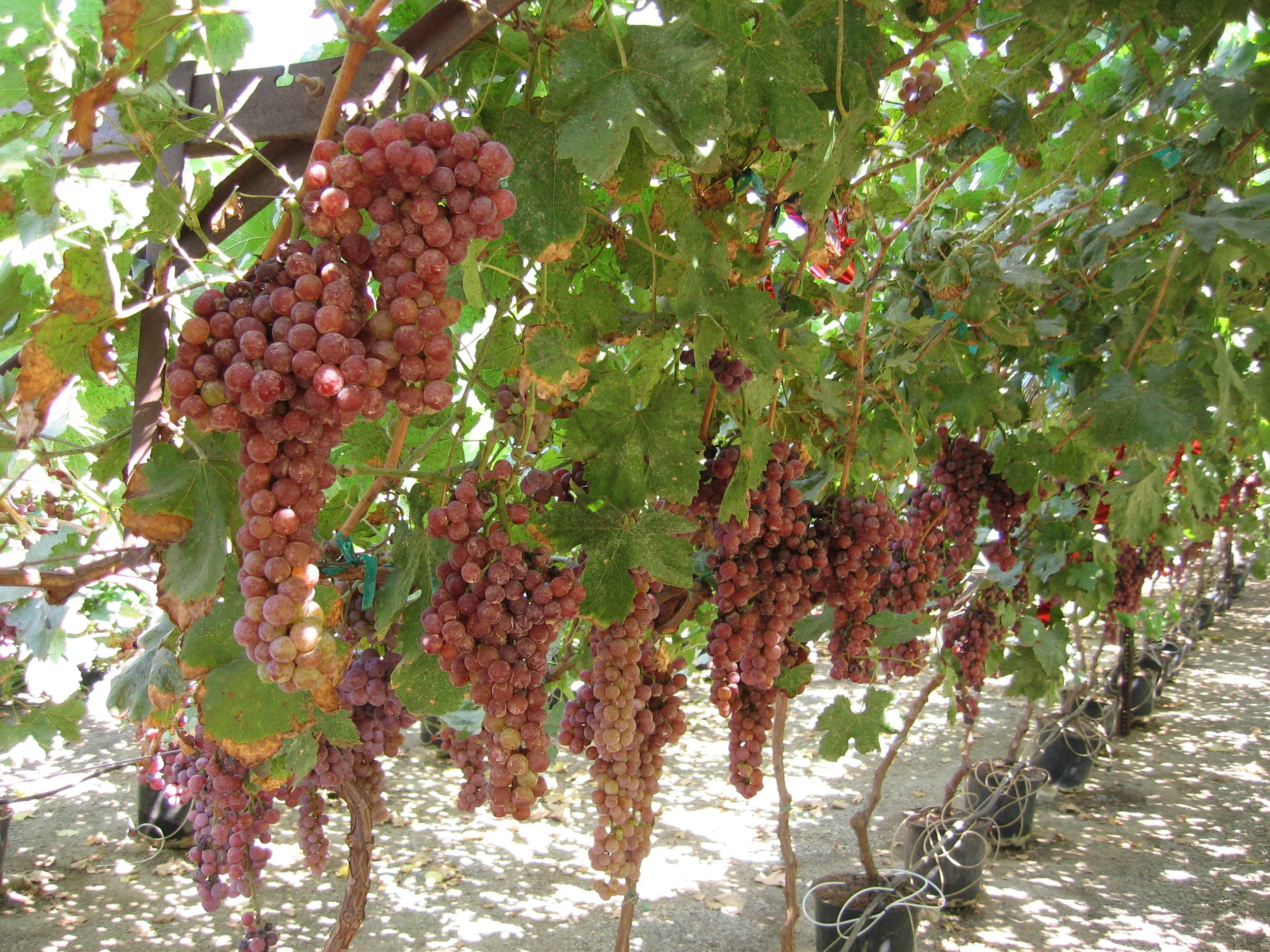Almost 20 years ago, Craig Kaprielian saw the need for a dramatic change in farming and food production throughout the world.
He recognized inefficiency at every turn on farms throughout California's Central Valley. He saw repetitive annual risk conditions that had patterns he believed could be actionable if they could be measured and cataloged. He saw farmers irrigating to the equivalent of adding up to 10 feet of water to every square foot of farmland each year. He saw massive amounts of fertilizers, pesticides, fungicides, and herbicides leaching down into drinking aquifers and evaporating into the environment. He saw workers climbing up and down ladders, risking injury and wasting time. However, he also saw the future.
On top of all of those factors, Craig's five children provided motivation to create a farming legacy that would sustain future generations. What Craig saw is what Blum is becoming, a technology-based company where agronomists would manage food production throughout the world from their smart devices, or where remote experts would manage multiple projects around the world without having to step foot on the farms. The system would gain knowledge with every farm in every geographical location where it is deployed. The knowledge gained from each farming venture would be centralized and available to promote improved practices throughout the world. It would attract a new generation of technologically competent and environmentally responsible youth to enter the farming industry.
History
Blum was founded by Craig Kaprielian, a third-generation farmer who developed a vision for creating both patented technologies and transferable methodologies for computerized farming.
A product of ongoing research that began in 1995, Blum was created to satisfy the need for technological innovation in the food production industry.
Vision
Craig’s vision is for Blum to be implemented around the world in order to minimize the increasing food crisis and environmental degradation that are the result of current farming practices.
This creates a unique opportunity for involvement for people who see the necessity of a global food revolution and want to help change the world for the better.


